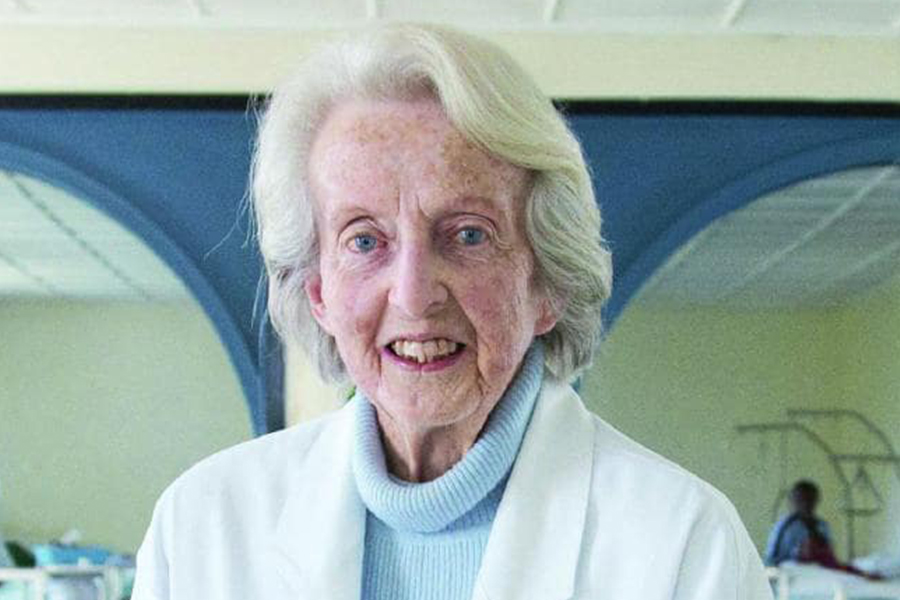
Obituary | Mar 28,2020
Early on Tuesday morning, youth from the surrounding parts of Addis Abeba entered the city, chanting and wielding sticks. They were angry, and by the time police were routing them back out, violence had ensued. Cars were burnt, buildings were stoned, shops were looted, bombs were set off and lives were lost.
By the time the day was out, political leaders were jailed, and the next day, counter-protests had erupted in Addis Abeba. Youths of the city were out, chanting and wielding their own sticks. Under an internet blackout, the Diaspora community had taken up arms, metaphorically at least, the authorities in Arat Kilo had ramped up rhetoric against messages perceived to create conflict between peoples, and the country, at least in the central parts, had lived through one of its most harrowing moments. Why?
The spark that lit the flame occurred in the southern outskirts of Addis Abeba when a famous musician was shot in his car, according to police reports. He was rushed to a hospital, but it was too late by then. He had passed away.
Reports of his death came that very evening, and by the morning of Tuesday, the news had travelled across the country and overseas. There was no doubt that there would be trouble, although it was hard to tell if this would be the explosive event that would bring the political tensions that had been building up within Ethiopia to a boil.
But Hachalu Hundessa, who was laid to rest in Ambo on Thursday, was not just a famous musician. He was one of the touring figures within the political movements of the past few years who inspired profound emotions on either side of the political aisle. There is disagreement over to whom he mattered more, but there is little ambiguity that he will be remembered as a martyr.
His life had long been intertwined with political movements in Oromia Regional State. It makes sense then that he had his political upbringing in the city where he was born and raised - Ambo - a flash point for various protest movements. It was also there that he began playing the traditional musical instrument, the Kerar.
Kumela Kelbessa, a childhood friend, remembers him gathering students around to play the instrument for them.
There was a spot where he used to practice his kerar, Ambo Alemtu. There was also a hill by his parents place where he would go to practice. It was not a popular hobby as far as his father, Hundessa Bonsa, was concerned, who wanted him to concentrate on his studies.
“But art was in his nature,” says one of Hachalu’s nine siblings, Sisay.
Ambo Alemtu also served as a place where people gathered to discuss politics and protest against the government. His participation led him into trouble with the authorities at a tender age, and his taking part in a movement in the early 2000s landed him in prison. He was attending high school by then and would spend the next years of his life in prison.
“He was affable and charismatic and able to captivate people,” says Kumela, who describes Hachalu as, in contemporary political parlance, 'woke'. “That was why he was imprisoned.”
After spending five years in prison, he went back to high school, received his diploma and continued down the path on his career as a musician. Part of his sentence was spent writing songs. Outside of prison, his formative years as a professional musician started as a drummer for a band in Adama, where he worked clubs.
His big break did not come until the late 2000s, when his friend, a keyboardist named Tamrat Kebede, sold a small piece of land to sponsor Hachalu’s first professional music recording, Segni Moti. It was a romantic song about a lady who had royal ancestorship.
“He was romantic when he wanted to be; political when the moment called for it,” Tsegaye Dendena, a close friend and professional partner, remembers him. “He mirrors the characters he takes on.”
Perhaps nothing reflects this description more than the ease in which he was able to don the different images he became known for as his fame took off. He was at once a beloved Afan Oromo musician of catchy songs; other times he was the voice of a people.
“Most musicians are timid, and they fail to understand people’s sorrow,” says Tsegaye.
As his music career soared, Hachalu’s political activism grew with it. Both in the 2010 and 2015 national elections, he joined Merrara Gudina, an opposition politician, on the campaign trail. The advantage he brought to the table was his appeal to the youth.
He would appear on a podium, stand straight and confidently and loudly shout to the youth that would be gathered: “Oromo youth, are you there?”
Matching the force and the charisma he brings, the youth would reply with enthusiasm, “We’re here.”
He spoke to a whole generation, and for the politicians who contended for attention, he was an indispensable ally. For those on other sides of the political aisle, he was not always a friend. The comments he would make, including on the stage, have been controversial.
“He was strong-minded but only because he understood people’s pain,” says Sisay, his younger brother. “He did not like to weigh people down, but you would not find him negotiating over his identity.”
On top of his political activism and singing career, he also recently debuted the import and distribution of reinforcement bars after securing a loan from a private bank. But his business ambition was cut short by his untimely and unfortunate death, the circumstances of which leave more questions than answers.
Even after his unfortunate passimg, leaving behind a wife and three daughters, one of them just a month old, where he would be laid to rest was controversial and a matter of political wrangling. The battle for whom Hachalu was a martyr, to which cause he stood for, and the accompanying violence that was visited upon the country have made his death all the more harrowing for his loved ones.
Tsegaye, who grew up in the same neighbourhood, hopes that Hachalu is remembered not as part of anyone’s cause but as a person with political agency and, furthermore, as one of the few musical greats.
“He did not fight to advance anyone’s political ideology,” says Tsegaye. “He fought for freedom.
[ratemypost]
Obituary | Mar 28,2020
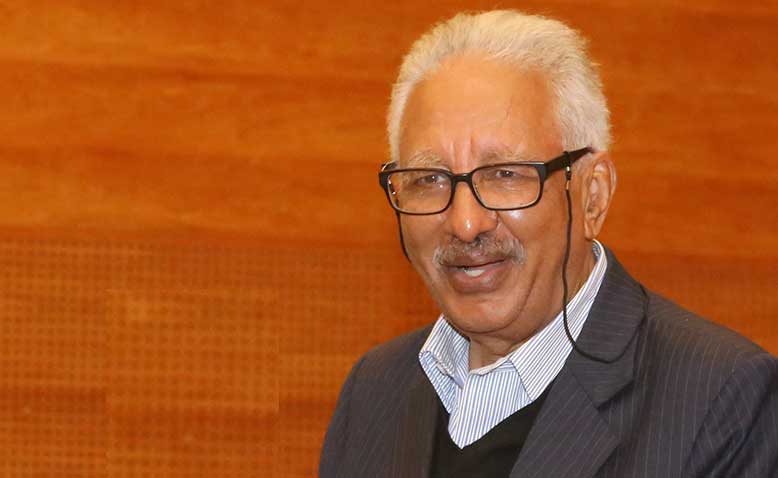
Obituary | Feb 29,2020

Sunday with Eden | Oct 09,2021
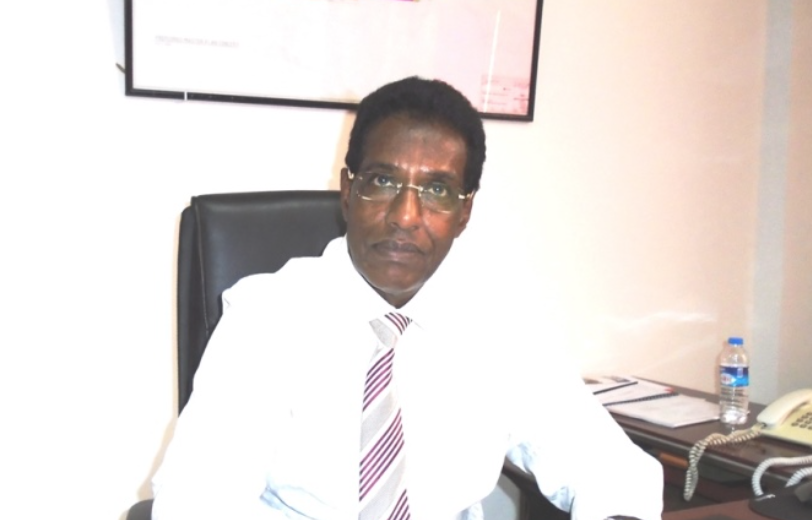
Fortune News | Oct 10,2019

Sunday with Eden | Mar 06,2021

Commentaries | Nov 21,2018
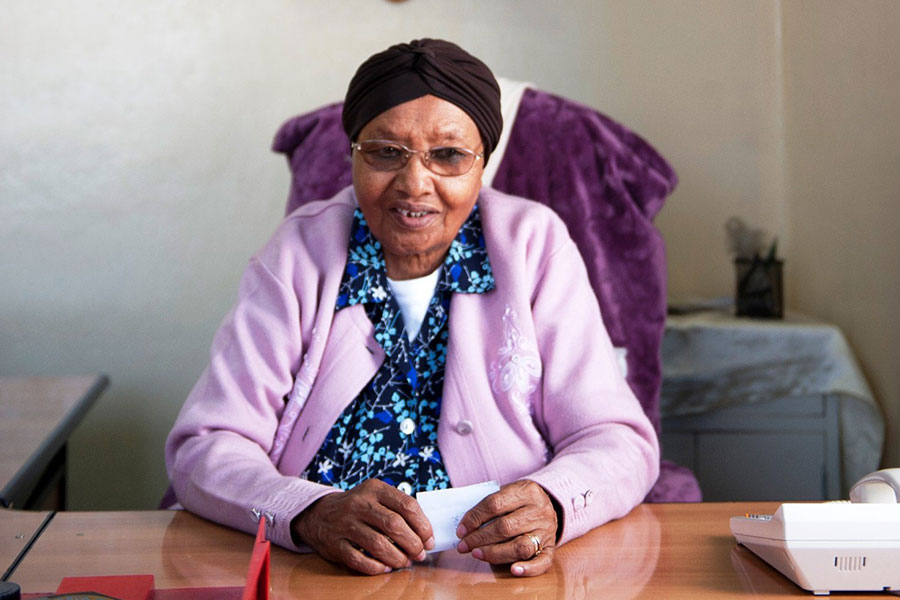
Obituary | Jul 11,2021

Radar | Nov 26,2022
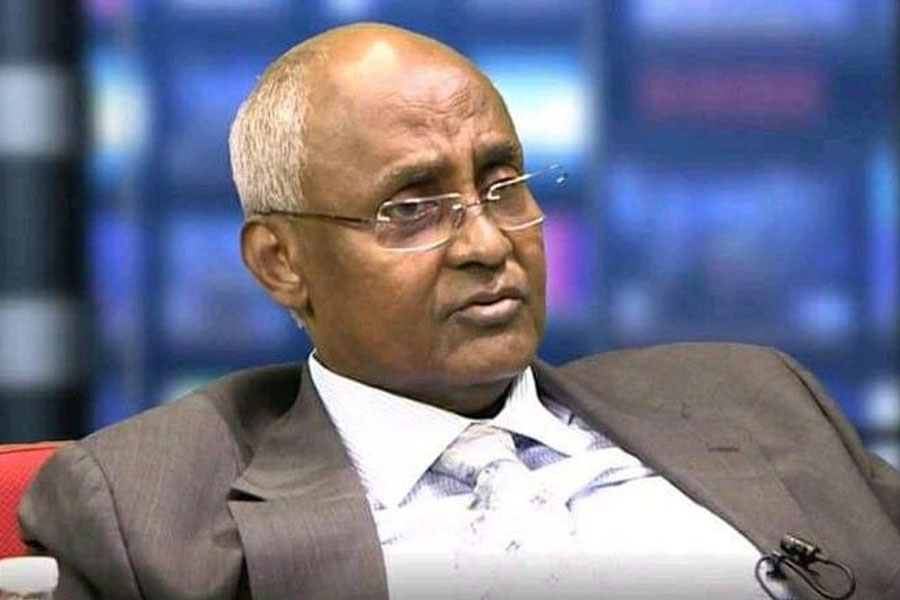
Obituary | Oct 03,2020

Radar | Jan 28,2023

Dec 22 , 2024 . By TIZITA SHEWAFERAW
Charged with transforming colossal state-owned enterprises into modern and competitiv...

Aug 18 , 2024 . By AKSAH ITALO
Although predictable Yonas Zerihun's job in the ride-hailing service is not immune to...

Jul 28 , 2024 . By TIZITA SHEWAFERAW
Unhabitual, perhaps too many, Samuel Gebreyohannes, 38, used to occasionally enjoy a couple of beers at breakfast. However, he recently swit...

Jul 13 , 2024 . By AKSAH ITALO
Investors who rely on tractors, trucks, and field vehicles for commuting, transporting commodities, and f...

Oct 18 , 2025
The political establishment, notably the ruling party and its top brass, has become p...

Oct 11 , 2025
Ladislas Farago, a roving Associated Press (AP) correspondent, arrived in Ethiopia in...

Oct 4 , 2025
Eyob Tekalegn (PhD) had been in the Governor's chair for only weeks when, on Septembe...

Sep 27 , 2025
Four years into an experiment with “shock therapy” in education, the national moo...